In a somewhat shocking ruling, the Ninth Circuit Court of Appeals has ruled that Yelp can now legally extort small business owners, they just haven’t read the definition of “extort” recently. Here are a few quotes from the full court documents.
threatening economic harm to induce a person to pay for a legitimate service is not extortion.
This can open up all kinds of new business opportunities! Imagine someone going out and buying domains about your business and writing hundreds of scathing reviews about your business. They could then lease those websites back to you, as soon as you stop paying the extortion money, they put the scathing reviews back online.
the Seventh Circuit has likewise concluded that ‘[w]here the defendant has a claim of right to property and exerts economic pressure to obtain that property, that conduct is not extortion and no violation of the Hobbs Act has occurred.’
Economic pressure is not considered extortion. This implies that someone could stand outside of a bakery and pay people $5 NOT to go into the bakery. The individual could then tell the bakery that it will cost them $100 per day to stop paying people. Seems ludicrous, but entirely plausible.
To start, we note that there is no allegation that Yelp directly threatened economic harm if the business owners refused to purchase advertising packages from Yelp.
In essence the Ninth Circuit Court did not believe that a 1 star review will cause economic harm to a small business owner.
By withholding the benefit of these positive reviews, Yelp is withholding a benefit that Yelp makes possible and maintains.
One of my favorites, Yelp is not obligated to fairly show the good and bad reviews because Yelp is a thing they created and maintain. I agree that Yelp should not be obligated to show both good and bad, but I do believe it’s extortion to say, “If you pay, you get good reviews shown. If you don’t pay, you get bad reviews shown.”
Chan, who alleges that Yelp extorted her by removing positive reviews from her Yelp page. Chan asserts that she was deprived of the benefit of the positive reviews Yelp users posted to Yelp’s website, and that, had she received the benefits of the positive reviews, they would have counteracted the negative reviews other users posted.
Seems logical, Court says, “Nope.”
any implicit threat by Yelp to remove positive reviews absent payment for advertising was not wrongful within the meaning of the extortion statutes.
Seems “wrongful” to me.
Chan’s pleadings thus fail to allege that deflation of her business’s overall rating resulting from removing positive reviews constitutes “wrongful” conduct, and she therefore fails to state a claim of economic extortion.
Wow! Why doesn’t Yelp just put up a big banner saying, “This company is horrible!” and offer to take it down for $200 per month.
it is independently wrongful for Yelp to post and arrange actual user reviews on its website as it sees fit.
Yelp can legally move all of the 1 star reviews to the top. If you pay, they can move them to the bottom. Totally cool move, nothing “wrongful” about that.
The ruling states that a “pay for higher ratings” setup is fine and dandy. In most circles we call that extortion. Just in case you’re unaware of the definition, here you go.
ex·tor·tion – the practice of obtaining something, especially money, through force or threats.
Obtaining something (customers advertising dollars) through threats (pay or lose customers). Seems pretty simple to me.
I own and operate a reputation management company. If you’re dealing with Yelp I’m happy to help defeat them. If you couldn’t tell, this ruling hits home with me. I’m also a small business owner and I have the resources to suppress Yelp so they no longer negatively impact your business.
Contact me at 559-871-1613 or by email at brandonchopkins@gmail.com if you need help
I have made the full court document available on my website here.

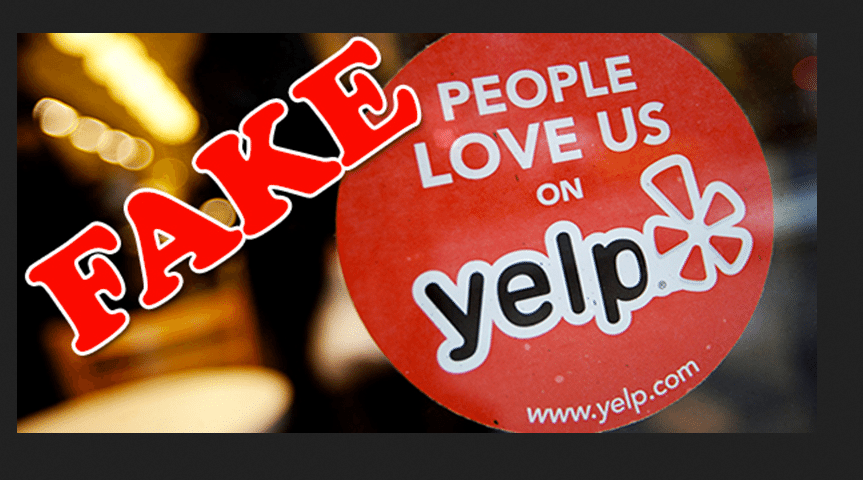
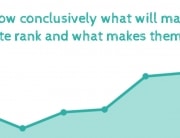
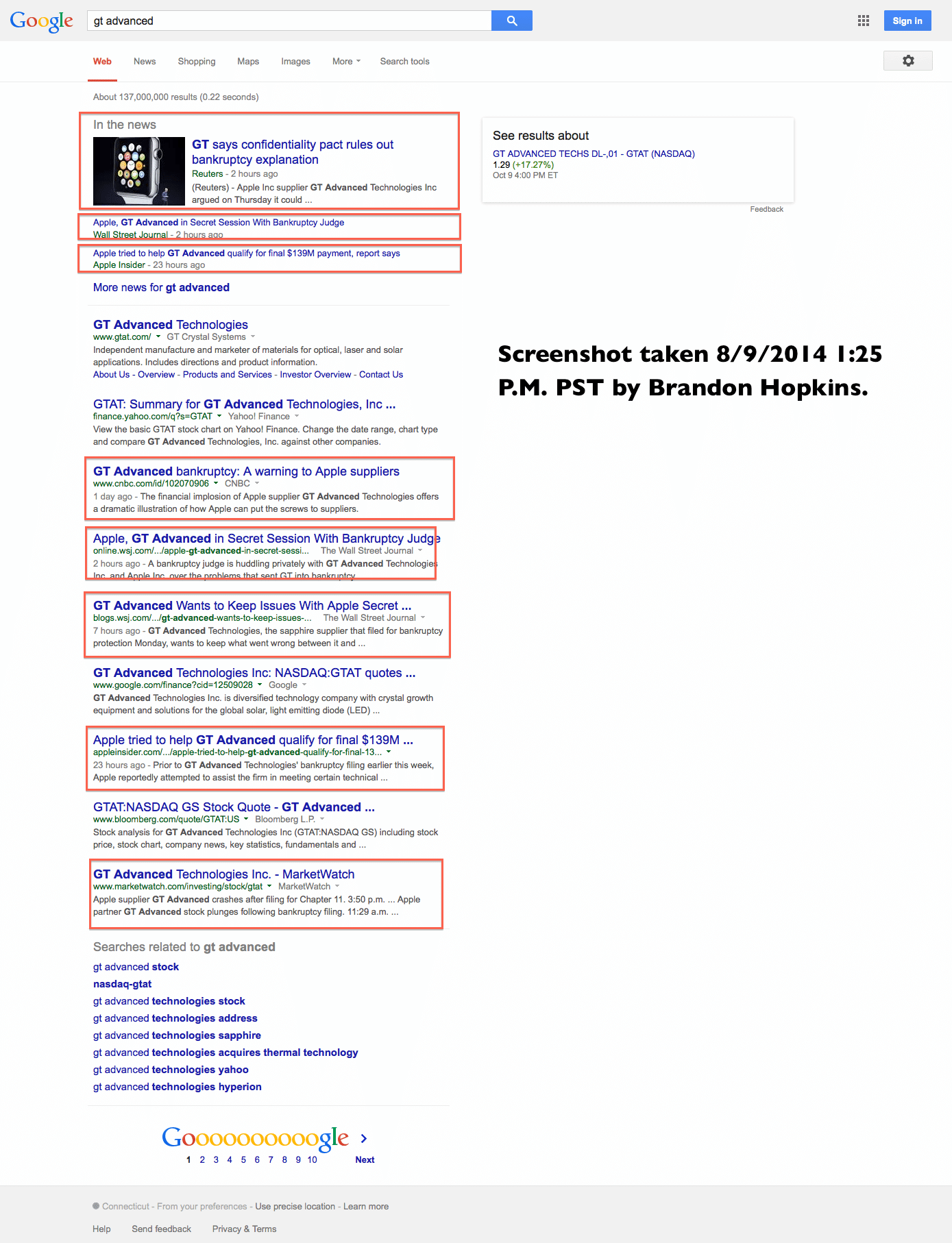
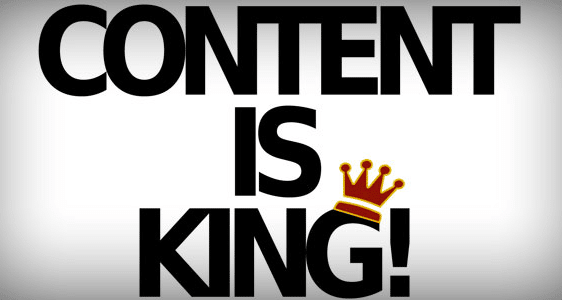
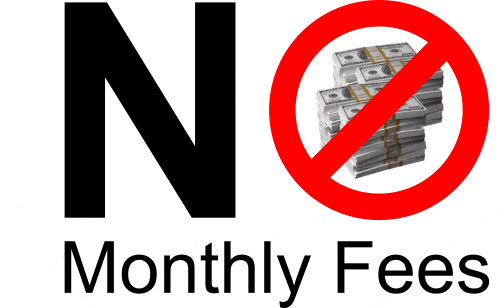



Leave A Comment